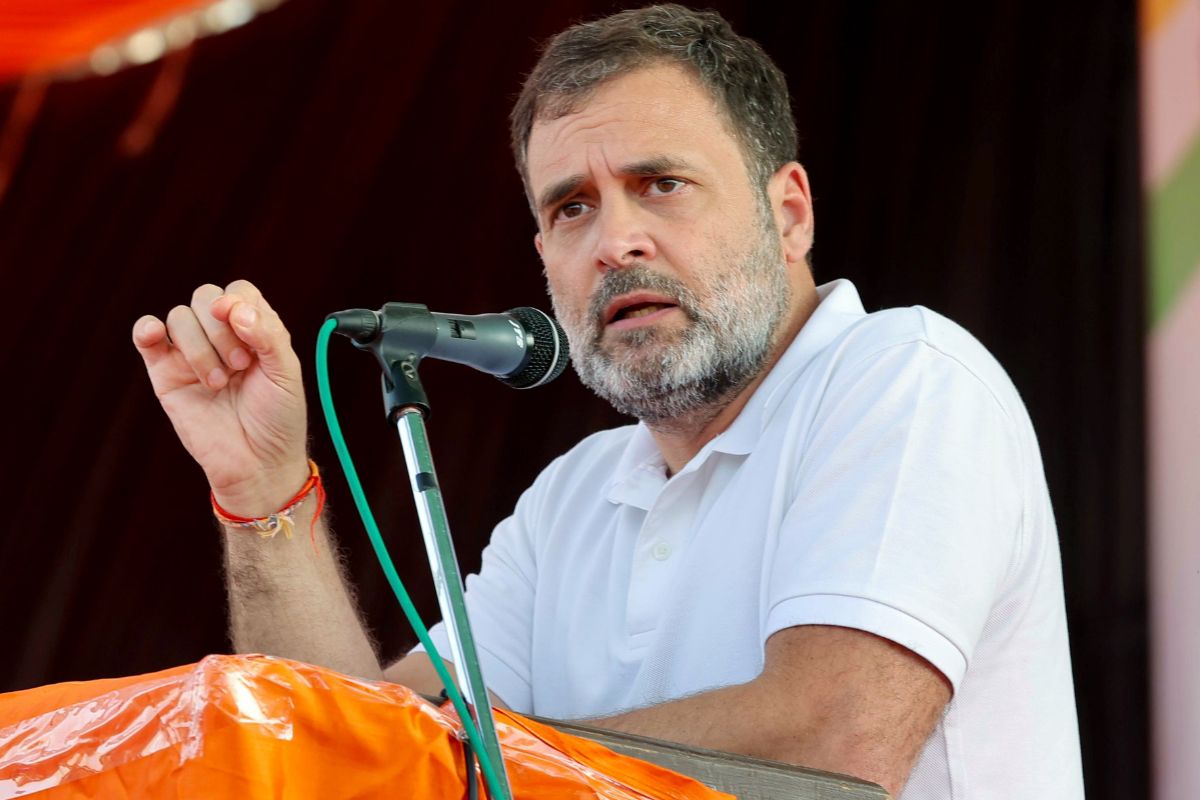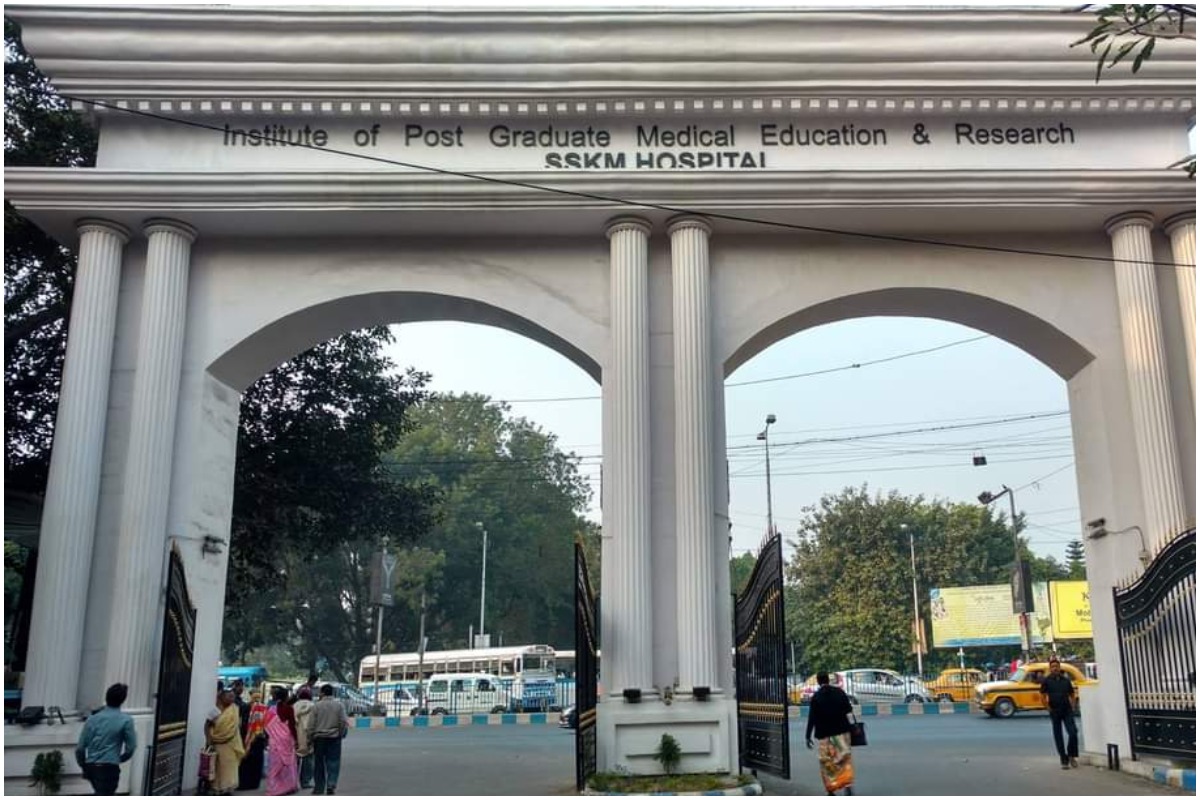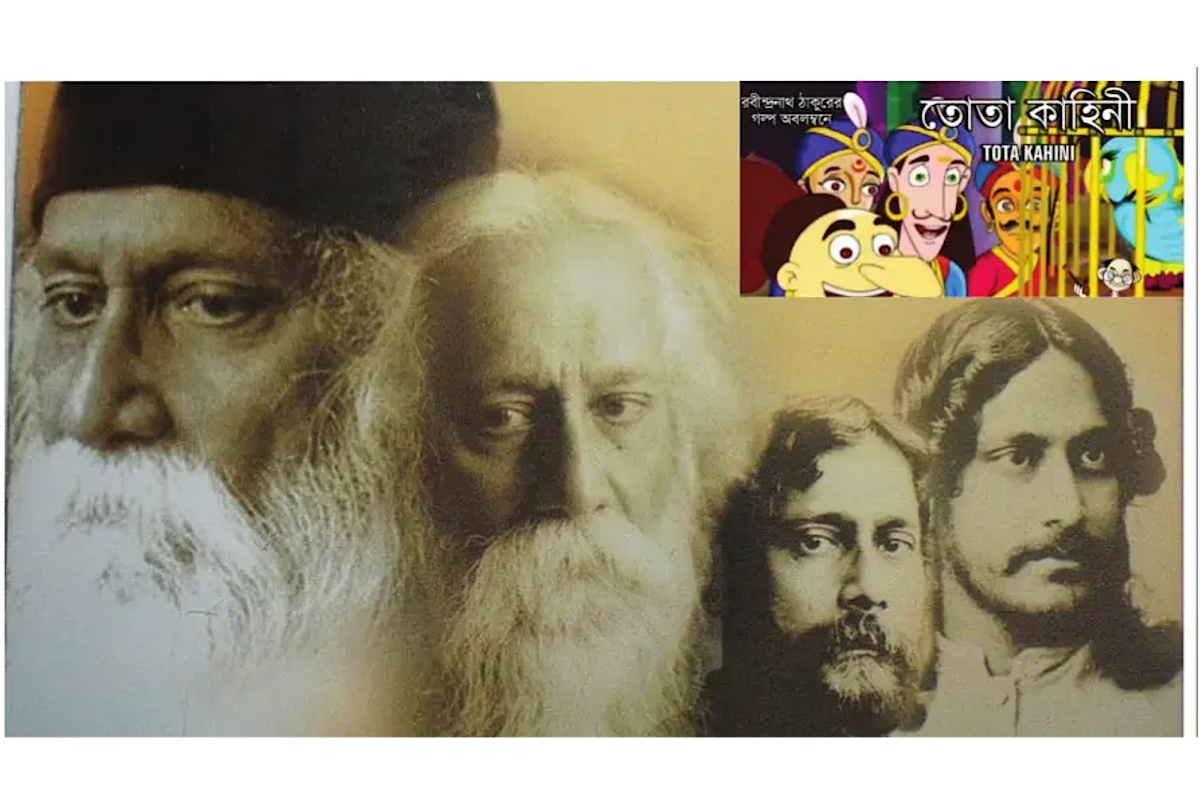Whiff of mismanagement in Bangiya Sahitya Parishad
The annual general meeting of Bangiya Sahitya Parishad is going to be stormy in view of the sheer mismanagement of the authorities running the organization.

The annual general meeting of Bangiya Sahitya Parishad is going to be stormy in view of the sheer mismanagement of the authorities running the organization.

Congress leader Rahul Gandhi today said that a country cannot progress with violence and hatred. Mr Gandhi was addressing at English Bazaar Town in Malda this evening.

Chief minister Mamata Banerjee has asked SSKM Hospital authorities to explore whether songs of Rabindranath Tagore and Kazi Nazrul Islam can be played in every ward.

The Oxford English dictionary defines ‘Guru’ as a “Hindu spiritual teacher. Also, each of the ten first leaders of the Sikh religion. The word comes from Sanskrit meaning ‘weighty’, ‘grave', hence 'elder, teacher’’. It must be the third sentence of this definition that must have irked Rabindranath Tagore.

Death anniversary of Gurudev Rabindranath Tagore was observed in the city with due solemnity.
Rabindranath was at last able to do away with all his preconceived ideas and reservations about Sri Ramakrishna. Great souls, like Ramakrishna Paramahamsa, have a comprehensive vision of Truth, they have the power to grasp the significance of each different form of the Reality that is one in all.... he remarked. Earlier, Rabindranath's impression about Sri Ramakrishna was often skewed. Subsequently, the poet was decidedly reverential.
Tagore‘s entire life had been a determined bid to follow his own conscience and creative ideas. Though it was not a misanthropist‘s journey, it was the journey of the social reformer and cultural commentator. Tagore ardently believed and hoped he could rouse consciousness through awareness campaigns about societal evils, exploitative politics and religious conservatism. He urged the people to step out of the narrow ambits of nationalism and internalize a cosmopolitan outlook, that could bridge the national and international with felicity.
In an interview to Dipankar Chakraborty, Bulbul recalled the role of the Indian Army in Bangladesh’s war for freedom.
With teachers more interested in making money, indulging in petty politicking or busy promoting their own careers or raising their demands, the emphasis on teaching has shifted from human resources development to material management. Students are placated through suggestions and photocopies of notes. These make them happy in contrast to the traditional insistence on homework, practice, library work, regular study and so on.
“Titled ‘Smarane barane Gurudev o Mahatma' (Remembering and recalling Gurudev and Mahatma), the exhibition would showcase correspondence between the ‘two great souls of India’, besides displaying archival photos,” a university official said.